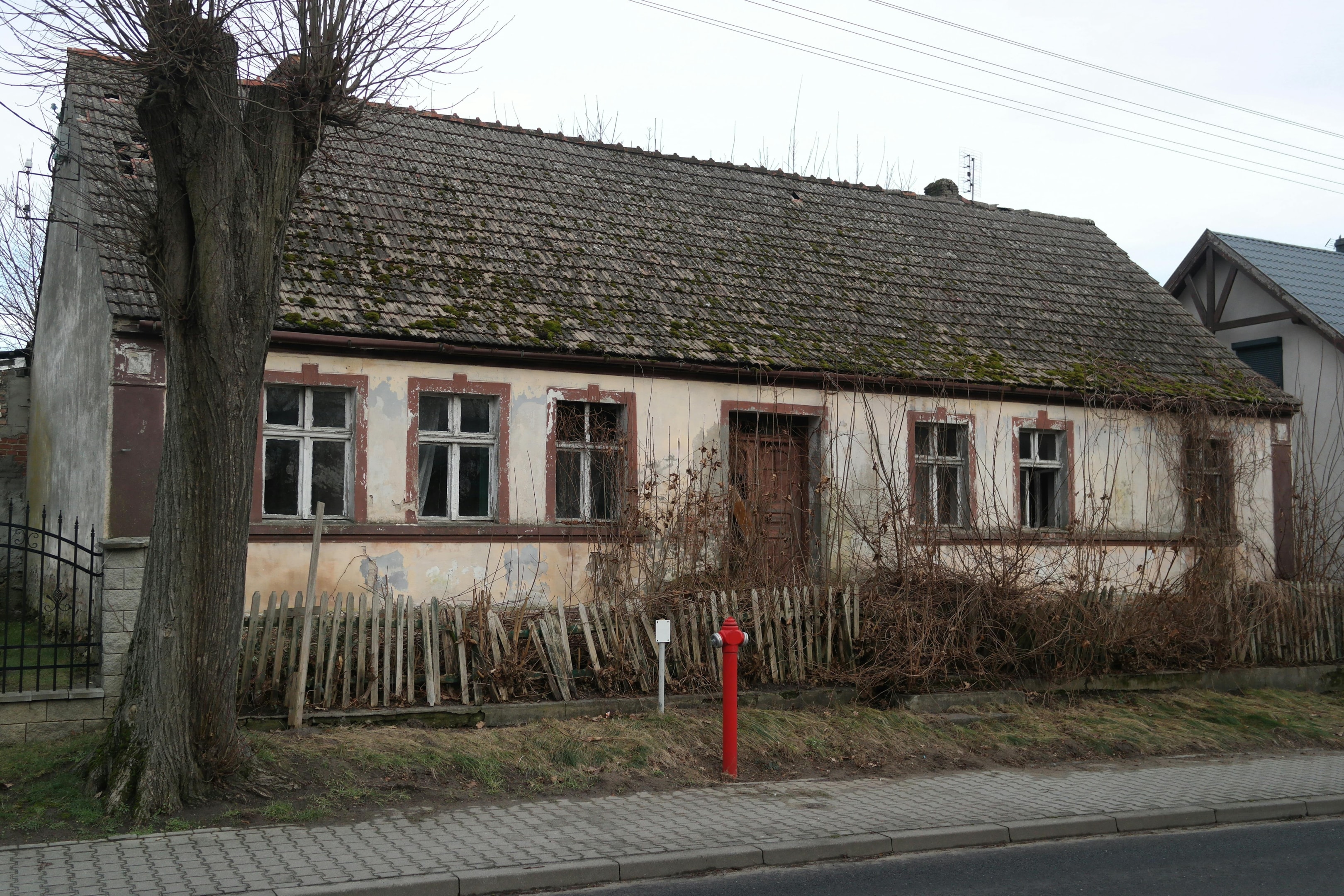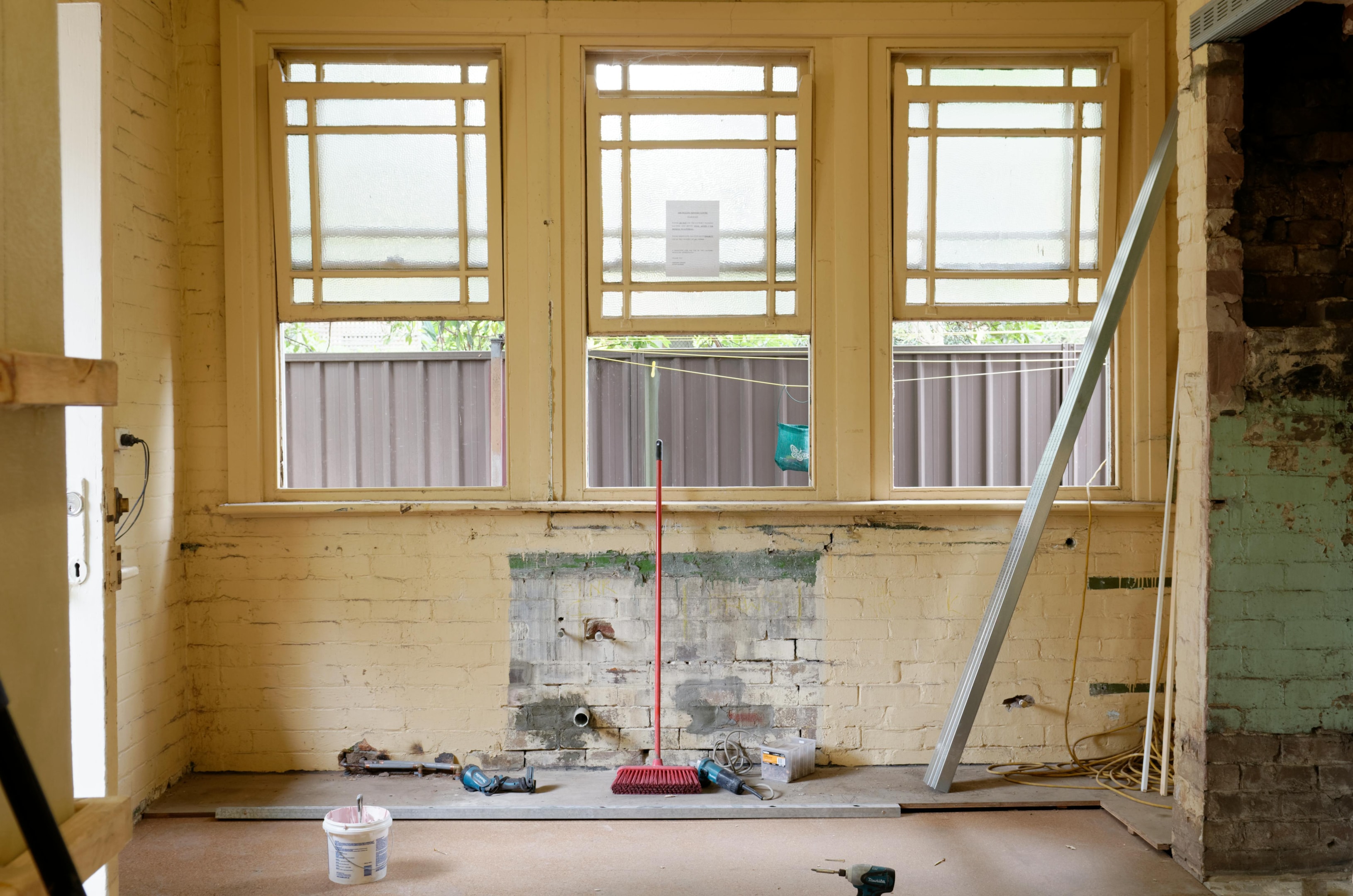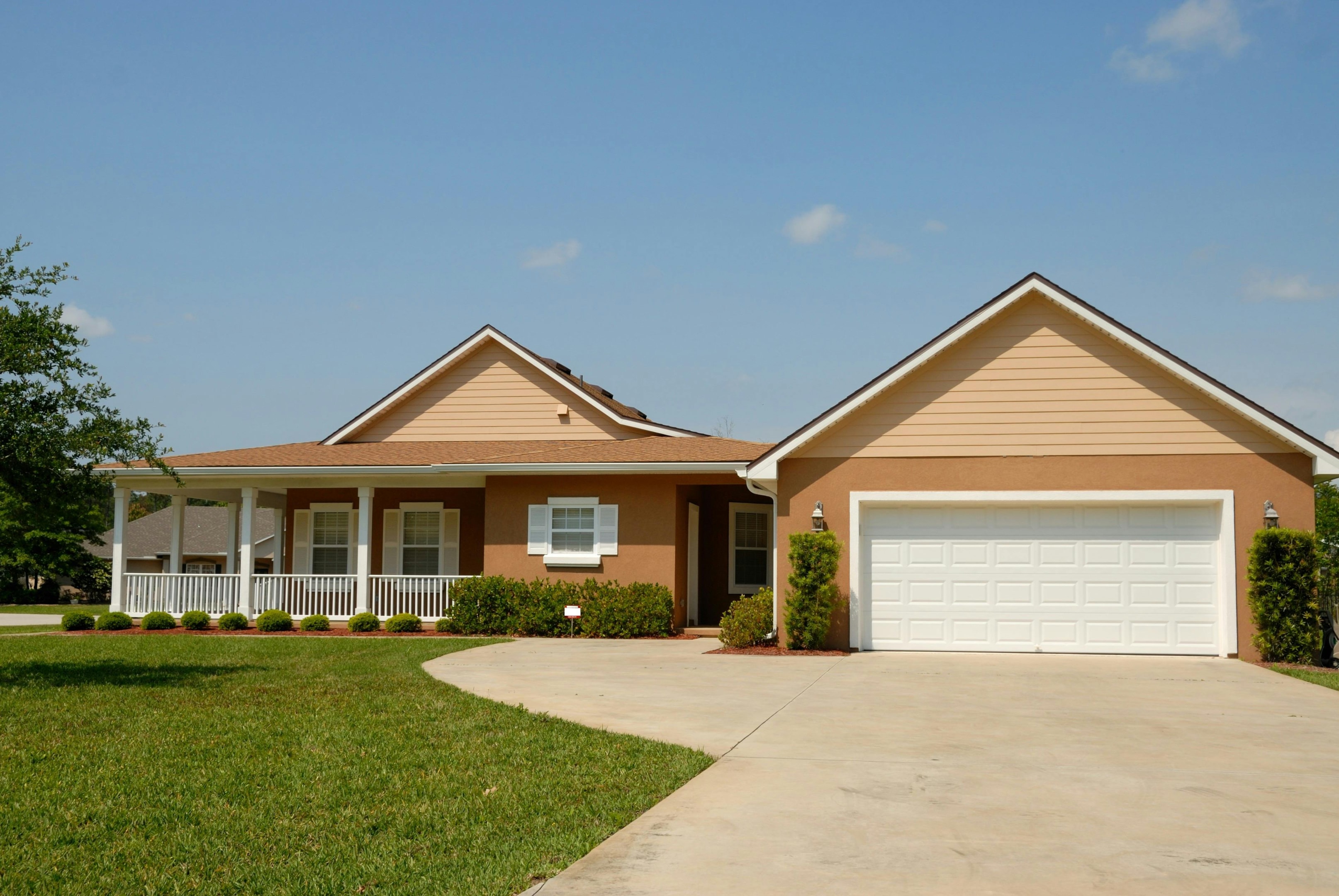Understanding Zombie Property: Risks, Rewards, and Recovery Strategies
Introduction
Ever driven past a house with overgrown grass, boarded windows, and overflowing mail? You may have spotted a zombie property—an abandoned home stuck in a stalled foreclosure process. These properties offer real estate investors deep discounts and unique opportunities but come with legal complexities and physical deterioration. With the right knowledge, you can turn these forgotten houses into profitable investments.

What Is a Zombie Property?
Zombie properties are residential homes that have been abandoned by the homeowner, often classified as vacant under legal definitions, but are not yet legally repossessed by the lender. These zombie properties are a type of residential property and private property. They often linger in a legal no-man's land—unclaimed, unmanaged, and often misunderstood. Zombie properties are part of the broader issue of abandoned properties in the housing market.
Why the "Zombie" Name Fits
Like a zombie from pop culture, these homes are stuck in between states of being. They're not functioning, but they're not gone. They sit decaying while paperwork stalls and ownership remains murky. This uncertainty creates both a risk and an opportunity for real estate professionals.
How Zombie Properties Are Created
The Foreclosure Process That Stops Midway
Foreclosure isn't always straightforward. Lenders may start foreclosure proceedings, but for one reason or another, they hit pause:
Market conditions decline
Property repair costs are too high
There are multiple liens or legal complications
Why Homeowners Walk Away
Often, many homeowners think once foreclosure begins, they're no longer responsible. That's not true. The legal title stays with them until the foreclosure is finalized—meaning they're on the hook for taxes, code violations, and maintenance. Homeowners should not vacate the property until they receive an official notice to do so, as the official notice signals when they are legally required to leave.
When Lenders Quietly Exit
Sometimes the mortgage lender chooses not to complete the foreclosure if they believe the asset is too damaged or devalued to recoup their money. This situation can result in a zombie title, where ownership remains unclear and the property is left in legal limbo. These "bank walkaways" are where zombie properties are born.
Where to Find Zombie Properties
Neighborhood Clues
When scouting for zombie homes, keep an eye out for:
Overgrown landscaping
Stagnant mail and newspaper pileups
Boarded or broken windows
Utility shutoff tags or warning stickers
Trash accumulation
Visible signs of disrepair and lack of upkeep, such as peeling paint, damaged roofs, or neglected exteriors, which often indicate a property has been abandoned or left unattended.

Public Records and Foreclosure Notices
County clerks and assessors maintain foreclosure filings, notice of defaults, lis pendens, and foreclosure notices, which signal that legal proceedings have begun but the property may not yet be auctioned or transferred. In New York, the Real Property Actions and Proceedings Law (RPAPL) and related legislation require mortgagees and government agencies to report, inspect, and maintain vacant and abandoned properties to prevent blight and protect public health. These laws focus on homes where foreclosure was initiated but not completed, helping identify zombie properties that remain in legal limbo.
Tax Delinquency and Code Violation Lists
Properties behind on property taxes or with multiple municipal code violations often signal abandonment. Many local governments offer these lists to the public or for a small fee. After a foreclosure notice is issued for such properties, there is often a mandated waiting period before the property can be auctioned or repossessed, giving the homeowner time to resolve the issue. To learn more about the tax delinquency leads, see Tax Delinquent Property Leads: The Hidden Goldmine for Real Estate Investors.
Why Investors Target Zombie Properties
Minimal Competition
Most retail buyers avoid homes that aren't on the MLS. Even many investors overlook zombie homes because of the complexity. That's your edge.
Steep Discounts
Owners are often desperate to walk away, and banks (if still involved) may sell at a deep loss to avoid further exposure. You're solving their problem and creating your profit margin.
Flexibility for Creative Acquisitions
Zombie properties are ripe for creative deals like:
Subject-to transactions
Lease-options
Seller financing
Tax lien investing
Investors must decide which acquisition strategy best fits their investment goals and risk tolerance before they invest in a zombie property.
Challenges and Risks of Zombie Homes
Title Problems
Who actually owns the home? The answer isn't always clear. You'll need a professional title search to identify outstanding liens, tax debts, and possible legal entanglements. Title problems can also arise if the original homeowner is still listed as the owner despite foreclosure proceedings.
Municipal Headaches
Zombie homes rack up fines quickly. Local law requires owners to address code violations and maintain the property in compliance with municipal standards. If the city has issued multiple violations, you'll likely need to negotiate or settle those before closing.
Physical Damage and Vandalism
Abandoned homes often suffer:
Vandalism or theft (copper wiring, appliances, etc.)
Mold, water damage, or squatters
Pest infestations
Severely neglected zombie properties can fall into such disrepair that they become the 'walking dead' of real estate—vacant, unclaimed, and deteriorating, often sitting in limbo and representing unique investment opportunities. Always conduct a full inspection and budget for more than you think you'll need.

How to Legally Acquire a Zombie Property
Confirm Ownership
The tax assessor or property appraiser site is your first stop. If the previous owner is still listed, that's good news—you may be able to buy directly.
Research Liens and Title
Hire a real estate attorney or title company to run a full title search. Check for:
Tax liens
HOA liens
Mortgage balance
Judgment liens
Know Foreclosure and Tax Sale Laws in Your State
States vary widely. In some places, you can buy tax-delinquent homes within a year. Others have long redemption periods. Do your homework—or hire someone who has.
Who You Need to Contact
Track Down the Homeowner
If they're still the legal owner:
Use skip tracing services
Check social media or whitepages
Knock on doors of neighbors or family
Many owners are open to selling just to escape liability.
If the Bank Owns the Note
The servicer may allow a short sale or sell you the non-performing note (NPN). A note purchase can give you leverage to foreclose yourself and take control of the property.
When to Bring in a Real Estate Attorney
If things get murky—multiple heirs, probate issues, unclear ownership—having legal guidance could save you tens of thousands.
Ways to Acquire a Zombie Property
Direct Purchase from Owner
The cleanest deal. You agree on a price, clear the title, and take control. Owners are often relieved to hand it over.
Tax Deed or Lien Auctions
If the property is tax-delinquent, the county may auction off either the deed or a lien. These require research but can result in steep discounts.
Probate Acquisition
If the property is tied to a deceased owner's estate, work with the probate court or attorney to make an offer to the executor.

Rehabbing Zombie Homes
Inspect Thoroughly
Expect:
Rotting subfloors
Roof leaks
Outdated electrical and plumbing
Structural issues
Don't guess—get multiple bids and line up contractors before closing.
Clear City Fines and Violations
Meet with code enforcement to:
Outline your rehab plan
Set realistic timelines
Avoid additional penalties
Renovate for the Exit Strategy
Your finish level should match your plan:
Rentals: durable materials and safety upgrades
Flips: updated kitchens, curb appeal, neutral finishes
Exit Strategies to Profit
Fix and Flip
Buy deep and flip in areas with demand to generate strong ROI. To learn more about flipping properties read, How to Flip Houses Successfully: Essential Tips and Common Pitfalls.
Buy and Hold
Rehab zombie homes to create cash flow, especially in underserved rental markets. To learn more about this strategy, see Mastering the Buy and Hold Real Estate Strategy for Long-Term Gains.
Wholesale to Other Investors
Lock up the deal, assign your contract, and collect a wholesale fee.
Ideal as a low-risk approach if you're not ready to rehab.
Creative Ways to Fund a Zombie Property Deal
Subject-To Transactions
This financing method lets you take over existing mortgage payments without formally assuming the loan. It's useful when the loan is current or slightly behind, allowing quick control of the property with minimal upfront costs. However, be aware of risks like the lender calling the loan due. To learn more, see Proven Strategies for Successful "Sub To" Real Estate Deals.
Hard Money and Private Lenders
Hard money lenders and private investors specialize in funding distressed assets like zombie properties. They move quickly and understand value-add projects, offering fast capital for deals or renovations. Though interest rates are higher, their speed and flexibility are valuable for complex transactions.
Joint Venture Partnerships
Joint ventures allow partners to combine capital and expertise. One partner provides funding, while the other handles deal sourcing and management. Profits are shared per agreement. This strategy helps manage the risks and complexities of zombie property investing with shared effort and exposure.

How to Build a Pipeline of Zombie Property Deals
Driving for Dollars
Physically scout neighborhoods and create your own list of zombie leads. Use software like DealMachine or PropStream to organize and skip trace.
Monitor Legal Notices and Records
Set alerts for:
Foreclosure starts
Tax delinquency
Code violations
Estate/probate filings
Talk to City Officials
Code enforcement officers, building inspectors, and even fire departments often know which houses are sitting empty. Offer solutions and build relationships.
Ethical Considerations and Community Impact
Be a Neighborhood Hero
These homes hurt communities. When you rehab a zombie house, you boost local property values, reduce crime, and create housing opportunities.
Partner with Municipalities
Some cities are actively trying to eliminate blighted properties. They may offer fast-track permits, fee waivers, or even land bank deals to investors who revitalize them.
Avoid Predatory Behavior
Don't manipulate grieving families or exploit legal confusion. Be transparent, fair, and professional—your reputation matters.

Final Thoughts
Zombie properties are hidden gems in real estate investing—messy and complicated, yet often overlooked. For investors willing to put in extra effort, these properties offer some of the highest ROI opportunities by revitalizing abandoned homes, aiding neighborhood recovery, and creating lasting wealth through value-add investing. By taking on the challenges of these neglected homes, investors not only transform the physical landscape but also help stabilize communities, increase surrounding properties' market value, and address safety concerns that vacant properties often bring. With careful research and strategic planning, buying zombie properties can be a rewarding path for both financial gain and positive community impact.